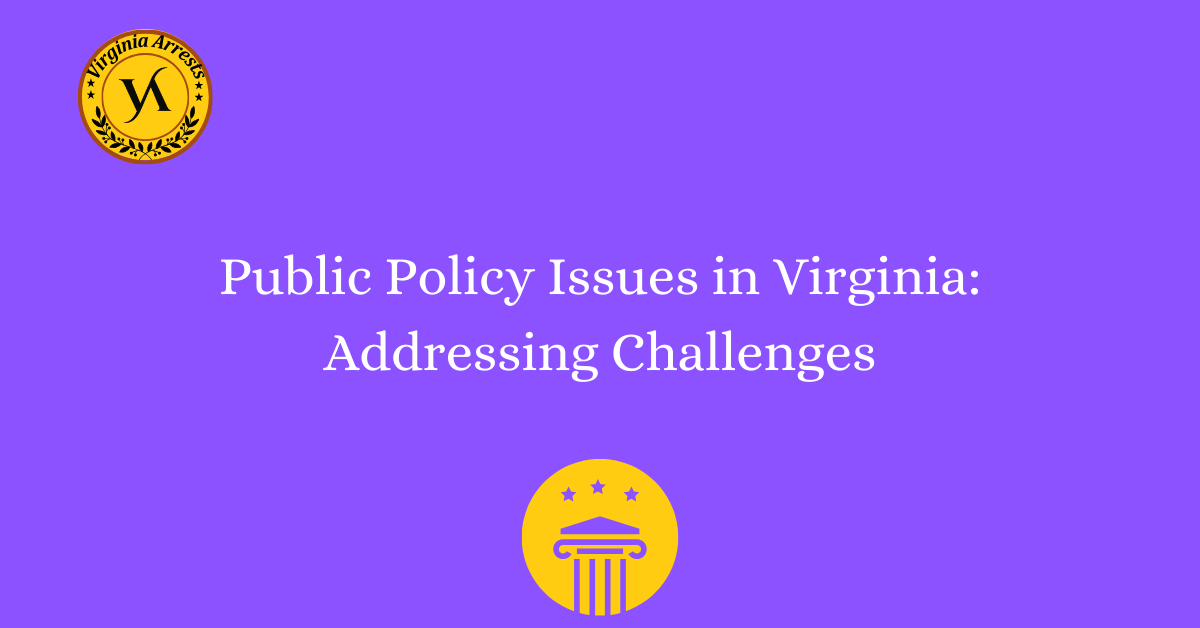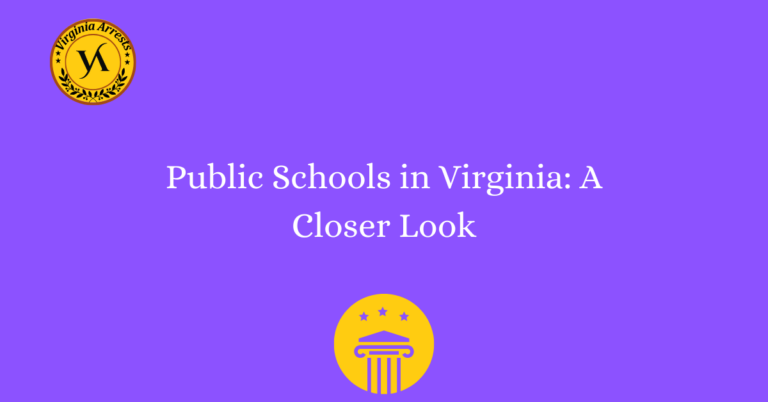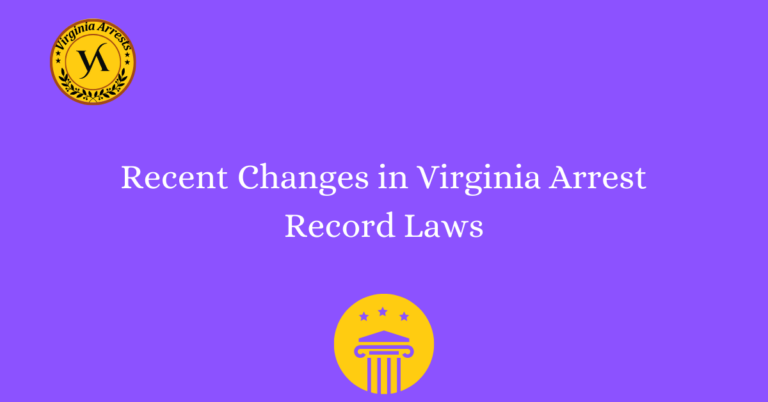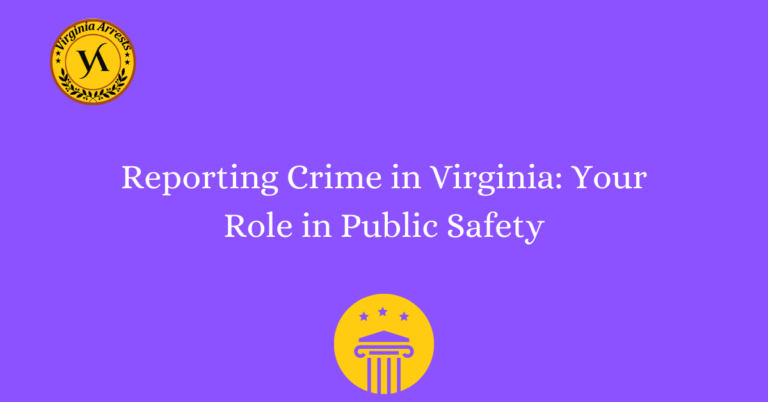Public Policy Issues in Virginia: Addressing Challenges
Virginia, a state steeped in history and tradition, is not immune to the ever-evolving landscape of public policy challenges. As the Old Dominion grapples with a myriad of issues, policymakers are faced with the daunting task of finding innovative and effective solutions. In this article, we will delve into some of the key public policy issues in Virginia, exploring the complexities and proposing potential avenues for addressing these challenges.
Education: Nurturing the Future
The Funding Dilemma
One of the foremost challenges in Virginia’s public policy landscape is the issue of education funding. While the state has made significant strides in improving its education system, disparities persist in funding distribution among school districts. The need for a more equitable funding model to ensure that every student has access to quality education remains a priority.
Closing the Achievement Gap
Addressing the achievement gap is another critical aspect of Virginia’s education policy. Disparities in academic performance among students of different socio-economic backgrounds persist, requiring targeted interventions. Policymakers must explore evidence-based strategies to close this gap and ensure that every student has an equal opportunity to succeed.
Transportation: Navigating the Future
Congestion and Infrastructure
With a growing population and increasing urbanization, traffic congestion has become a pressing concern in Virginia. Investing in robust infrastructure projects and exploring sustainable transportation solutions are essential to alleviate congestion, enhance connectivity, and foster economic development across the state.
Environmental Sustainability
As the state grapples with environmental challenges, including climate change and air quality issues, there is a growing need for policies that prioritize sustainability. Virginia can benefit from adopting eco-friendly transportation initiatives, promoting public transit, and incentivizing the use of electric vehicles to reduce its carbon footprint.
Healthcare: Ensuring Well-being for All
Access to Affordable Healthcare
Ensuring access to affordable healthcare is a pivotal challenge in Virginia’s public policy landscape. Policymakers must strive to find solutions that bridge the gap in healthcare access, especially for vulnerable populations. Exploring innovative healthcare models, expanding Medicaid, and supporting community health clinics are potential avenues for improvement.
Mental Health Awareness and Support
The mental health crisis is a pressing concern, exacerbated by the challenges of the past few years. Virginia needs comprehensive policies that prioritize mental health awareness, destigmatize seeking help, and enhance mental health services across the state. A holistic approach that integrates mental health into overall healthcare policies is crucial.
Criminal Justice Reform: Balancing Justice and Equity
Addressing Mass Incarceration
Virginia faces the challenge of addressing mass incarceration and ensuring a fair and equitable criminal justice system. Policymakers should explore evidence-based approaches to reduce recidivism, prioritize rehabilitation, and reform sentencing policies. Additionally, efforts to address racial disparities in the criminal justice system are essential for fostering a more just society.
Police Accountability and Community Relations
Enhancing police accountability and improving community-police relations are integral to effective criminal justice reform. Virginia can benefit from implementing transparency measures, community policing initiatives, and investing in training programs that emphasize de-escalation tactics. Building trust between law enforcement and the communities they serve is paramount.
Economic Development: Navigating the Post-Pandemic Landscape
Small Business Support
Small businesses are the backbone of Virginia’s economy, and supporting their recovery from the impacts of the COVID-19 pandemic is crucial. Policymakers should explore targeted initiatives, financial assistance programs, and regulatory reforms to bolster small businesses and stimulate economic growth.
Workforce Development
Adapting to the evolving job market and ensuring a skilled workforce is another challenge in Virginia’s economic policy. Investments in education and vocational training, collaboration with industries to identify skill gaps, and the promotion of technology-driven education are key components of a comprehensive workforce development strategy.
FAQs
How is Virginia addressing education funding disparities?
Virginia is actively exploring reforms to its education funding model, aiming to create a more equitable distribution of resources among school districts. This includes initiatives to address both local and state-level funding challenges.
What steps is Virginia taking to reduce traffic congestion?
Virginia is investing in infrastructure projects and exploring sustainable transportation solutions to reduce traffic congestion. Initiatives include the expansion of public transit options, development of smart transportation systems, and strategic road improvements.
How is Virginia addressing the mental health crisis?
Virginia is working on comprehensive mental health policies that focus on awareness, destigmatization, and improved access to mental health services. This includes investments in mental health facilities, community-based programs, and integration of mental health into overall healthcare initiatives.
What criminal justice reforms are underway in Virginia?
Virginia is actively working on criminal justice reforms, including efforts to reduce mass incarceration, reform sentencing policies, and enhance police accountability. The state is committed to addressing racial disparities within the criminal justice system.
How is Virginia supporting small businesses in the post-pandemic era?
Virginia is implementing various initiatives to support small businesses, including financial assistance programs, regulatory reforms, and resources to aid in their recovery from the impacts of the COVID-19 pandemic.
Conclusion
As Virginia grapples with these multifaceted public policy challenges, it is imperative for policymakers to engage in collaborative and informed decision-making. By addressing issues in education, transportation, healthcare, criminal justice, and economic development, the state can pave the way for a more equitable, sustainable, and prosperous future. The path forward requires a commitment to evidence-based solutions, community engagement, and a steadfast dedication to the well-being of all Virginians.







